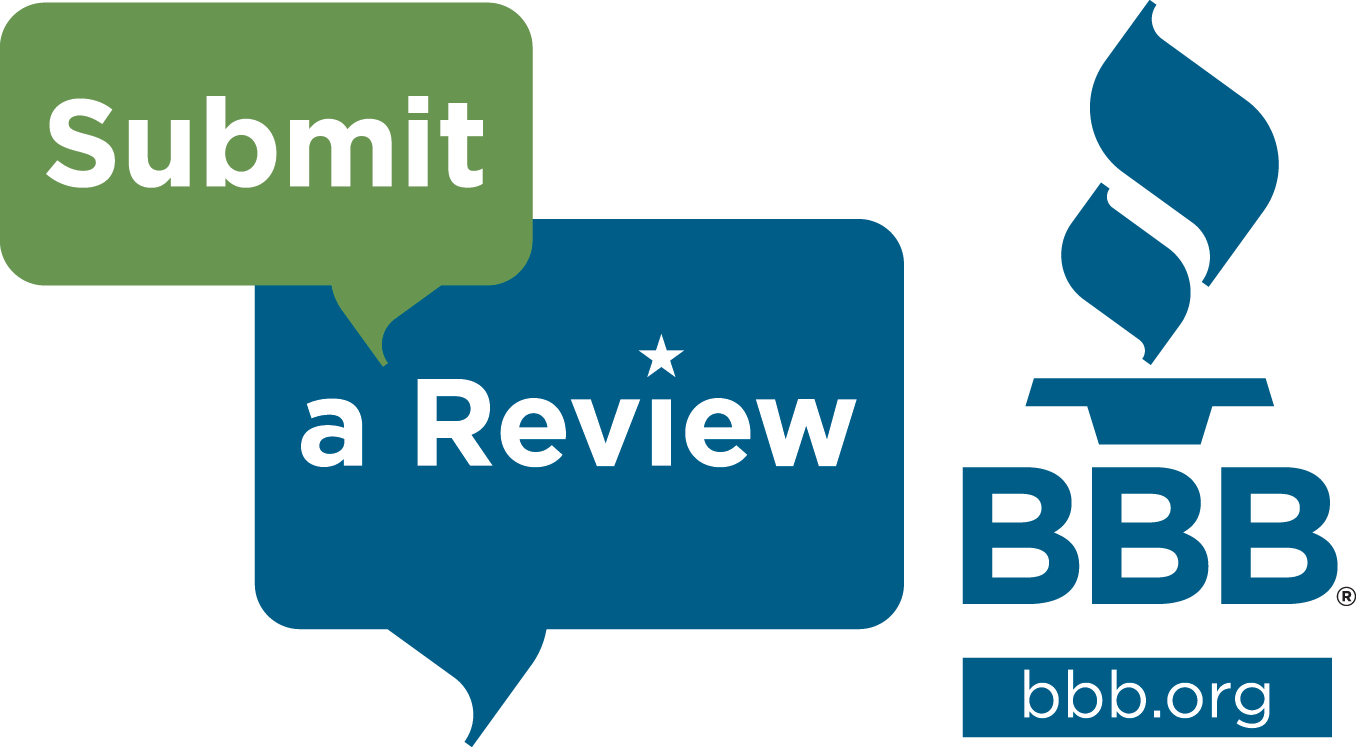When to Aggressively Begin to Pay Down Your Mortgage

Most Americans can agree that even though they have a 30-year mortgage they intend on trying to pay it off earlier. Why? With the cost of living rising, many Americans are looking for ways to cut costs and save a few extra bucks each paycheck. This usually starts with paying off debt. However, with mortgage interest rates well below 4% many homeowners are working on paying off higher interest debts first and working on building up their retirement and savings accounts. Here are 5 areas you should focus on paying off/saving up for before paying down your mortgage.
Eliminate Your Credit Card Debt– This is the first area you want to focus on before paying down your mortgage. Why? Unlike your mortgage loan, credit cards usually carry a significantly higher interest rate therefore a large majority of your monthly payment is going to interest. Once these are paid off you can take the money you were paying each month and apply that to the next area of debt such as a car loan or student loan.
Build Up Your Savings/Emergency Fund– Before taking that extra hundred dollars and applying it to your mortgage loan, you want to make sure that you have an emergency savings fund built up. It is ideal to have at least eight to 12 months of living expenses saved up. If you are spending $800/month in living expenses, you should have at least $9,600 (12 months) saved for emergencies or a loss of a job.
Build Up Your Retirement Account– As grim as it may seem, social security may be a thing of the past for the Millennial generation. With the uncertainty that comes with retirement, many people are choosing to save more aggressively. This is a very smart thing to do, especially if you are starting out in your early twenties. Taking that extra $100 that you would possibly apply to your mortgage, you can invest that into your 401K. If your company has a match program it is recommended that you take full advantage as this is considered ‘free money’.
Invest in Your Kid’s Education– If you are able to pay an additional $100 a month towards your mortgage why not first invest that money into a 529 college fund or another college saving account. With the cost of tuition rising at alarming rates it is important to have some, if not all, of their tuition up front so that you may avoid costly interest rates associated with student loans.
Make Your Health Priority– Invest in your long-term health care. The cost of health care, like many other expenses, will not be going down so it is important to invest in a good long-term health care insurance coverage for you and your family. If you start when you are in your 30’s or 40’s the costs will remain lower (as you are perceived to be in better health). If you wait until your 50’s you may find that the premiums will take a larger chunk out of your monthly budget.
Once you have paid down debts, built up a hefty savings, and invested in your retirement then it would be considered ideal to begin focusing on paying down your mortgage. Why not take advantage of the low interest rates and redirect some of that extra money towards debts with higher interest. If you are currently looking at refinancing your currently home loan for a new, lower rate please contact First Ohio Home Finance for a rate quote!













